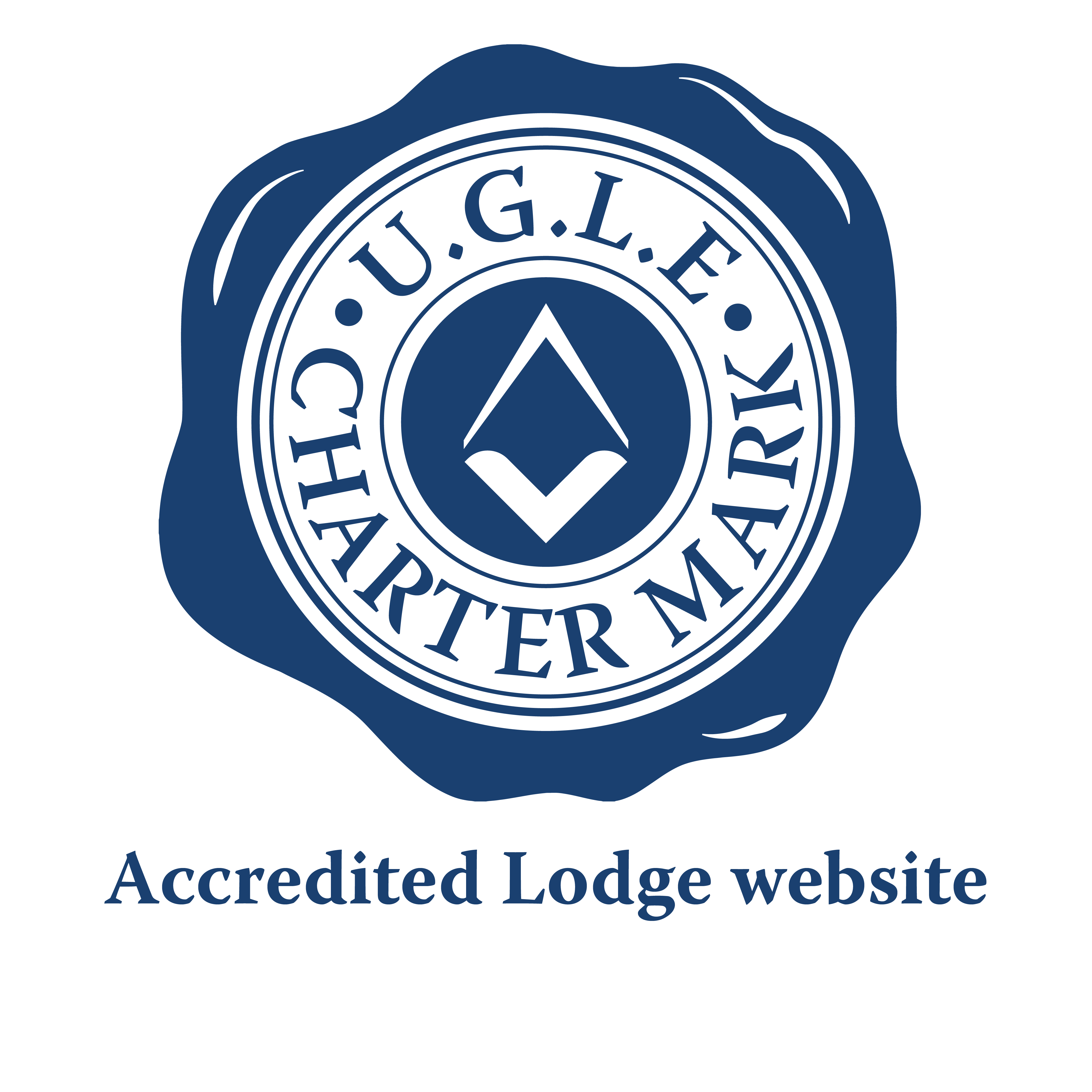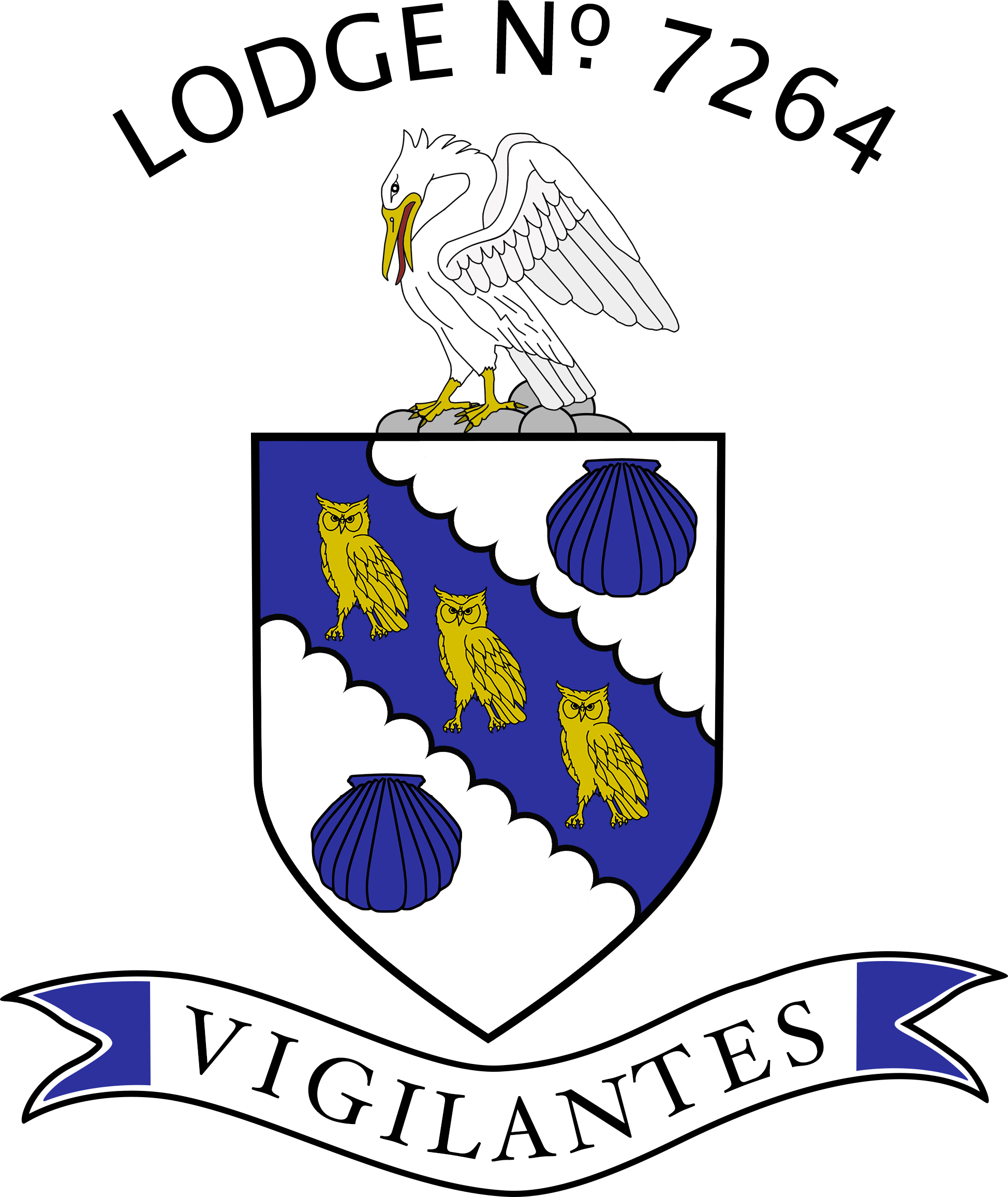The History of Freemasonry
Freemasonry is a fraternal organisation that traces its origins to the stonemasons of the Middle Ages. The exact origins of the organisation are difficult to trace and are the subject of much speculation, but it is widely believed that Freemasonry evolved from the guilds of stonemasons who built the castles and cathedrals of Europe.
The ‘secret’ modes of recognition that Freemasons have a reputation for upholding today date back to those early Masons who wanted to keep the ‘privileges’ and ‘secrets’ of their highly-prized trade.
In 1646, Elias Ashmole wrote about his Initiation into Freemasonry. He is the earliest named Freemason recorded, but shows that Lodges must have been in operation before this date.
In 1717, the first Grand Lodge was established in London, which served as a governing body for the various lodges of Freemasons that existed in the country at the time. Although Freemasonry has documents that date from as early as the 1300’s (The Regius Poem), 1717 is celebrated as the ‘dawn’ of Freemasonry.
The Grand Lodge system spread throughout the world, and by the end of the 18th century, there were Grand Lodges in many countries across the world. However, a rival Grand Lodge also appeared in England, who remained rivals until they formed the United Grand Lodge of England in 1813.


In the late 18th and early 19th centuries, the focus of the organisation began to shift away from its operative roots in stonemasonry and move towards a more philosophical and esoteric orientation. Although the tools and practices of the stonemasons are reflected in our symbolism and rituals, they are used to teach morality and promote the values of brotherhood, charity, and truth.
During this time many enlightened thinkers joined the order, such as Isaac Newton and many of the founders of The Royal Society, who saw the organisation as a means of promoting their ideas about reason, science, and the value of individual liberty.
Since then, Freemasonry has grown in popularity with there being an estimated 8 million members in the world today.
Great Queen Street
London’s Great Queen Street has been the home of Freemasonry since 1775, but in 1927 Freemason’s Hall was built as a permanent residence and a memorial to more than 3,000 Freemasons who lost their lives in the First World War.
Today, Freemason’s hall is open to the public and boasts a fascinating museum; well worth a visit!


Tercentenary - 300 years of Freemasonry
In 2017, Freemasons around the world came together to celebrate the 300 year anniversary of the creation of our first Grand Lodge. Events were held throughout the year, culminating in a special meeting at The Royal Albert Hall with our Grand Master, HRH The Duke of Kent presiding.
© 2026 Vigilantes Lodge No. 7264
In the Province of Lincolnshire, under the United Grand Lodge of England
Member's Log in - Privacy Policy

 VIGILANTES
VIGILANTES